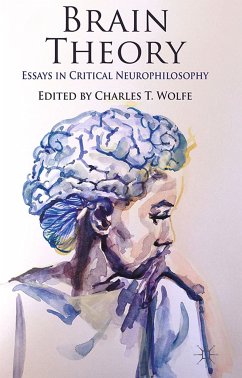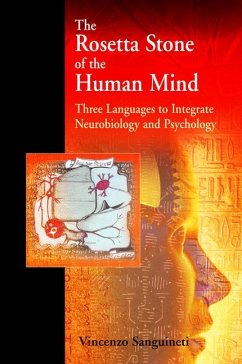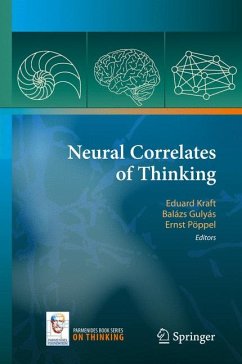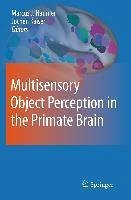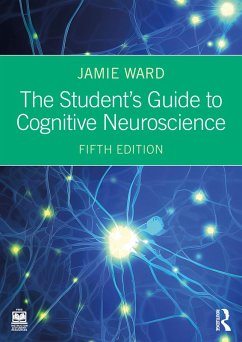
The Evolving Brain (eBook, PDF)
The Mind and the Neural Control of Behavior
Versandkostenfrei!
Sofort per Download lieferbar
72,95 €
inkl. MwSt.
Weitere Ausgaben:

PAYBACK Punkte
36 °P sammeln!
This volume details the importance of modern scientific studies of animal behavior in understanding the human brain. It presents a series of essays on neuroscientific aspects of human nature and instinctive behavior, individually acquired (learned) behavior, human bipedal locomotion, voluntary movement, and the general problem of how the brain controls behavior. It argues that (a) conventional psychological concepts originate from the philosophical speculations of ancient Greek philosophers, especially Plato and Aristotle; (b) there is serious doubt that these ancient philosophical analyses pr...
This volume details the importance of modern scientific studies of animal behavior in understanding the human brain. It presents a series of essays on neuroscientific aspects of human nature and instinctive behavior, individually acquired (learned) behavior, human bipedal locomotion, voluntary movement, and the general problem of how the brain controls behavior. It argues that (a) conventional psychological concepts originate from the philosophical speculations of ancient Greek philosophers, especially Plato and Aristotle; (b) there is serious doubt that these ancient philosophical analyses provide a reliable guide to the understanding of the human mind, human behavior, or the organization of the brain; and (c) that modern scientific studies of animal behavior provide a better guide to the study of the functional organization of the brain than is provided by conventional psychological concepts.
Dieser Download kann aus rechtlichen Gründen nur mit Rechnungsadresse in A, B, BG, CY, CZ, D, DK, EW, E, FIN, F, GR, HR, H, IRL, I, LT, L, LR, M, NL, PL, P, R, S, SLO, SK ausgeliefert werden.



